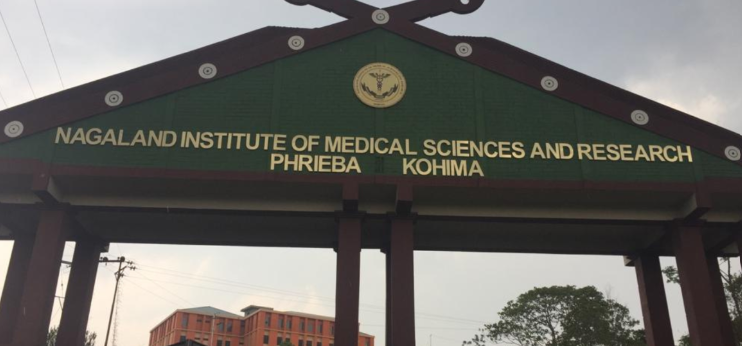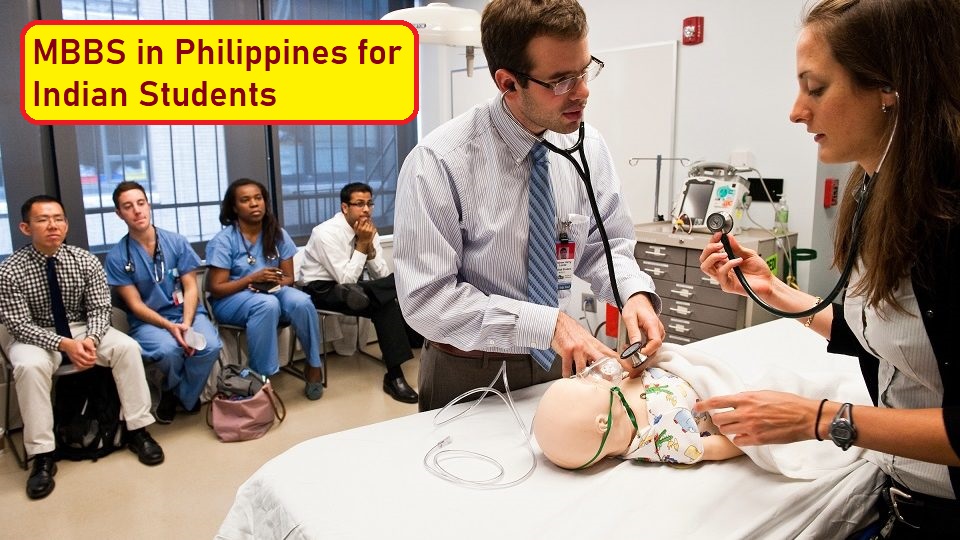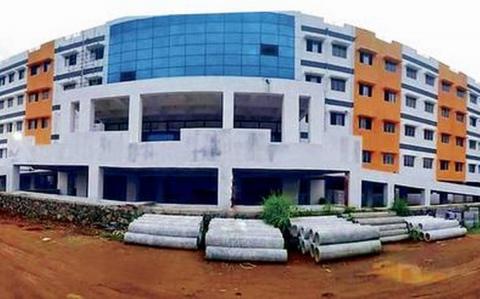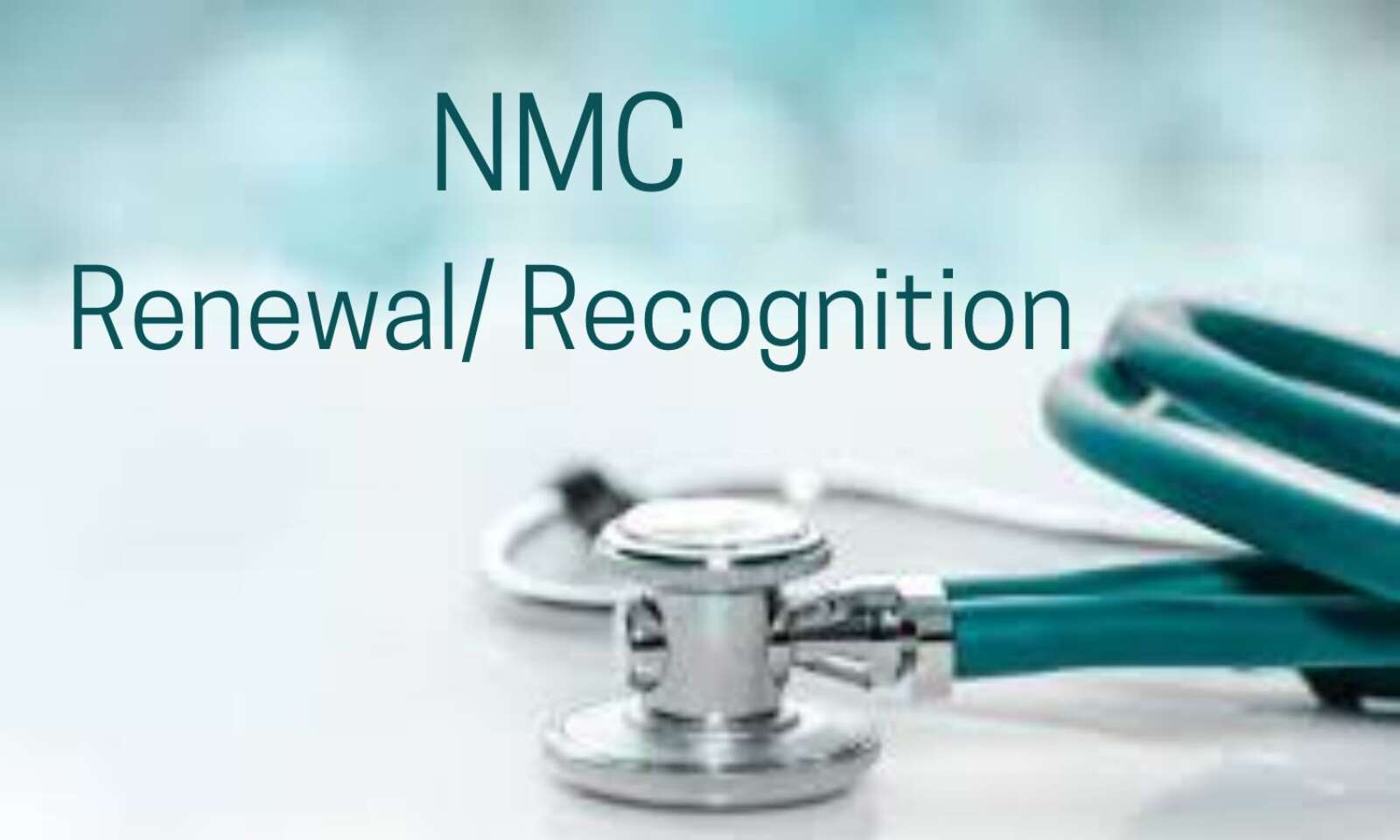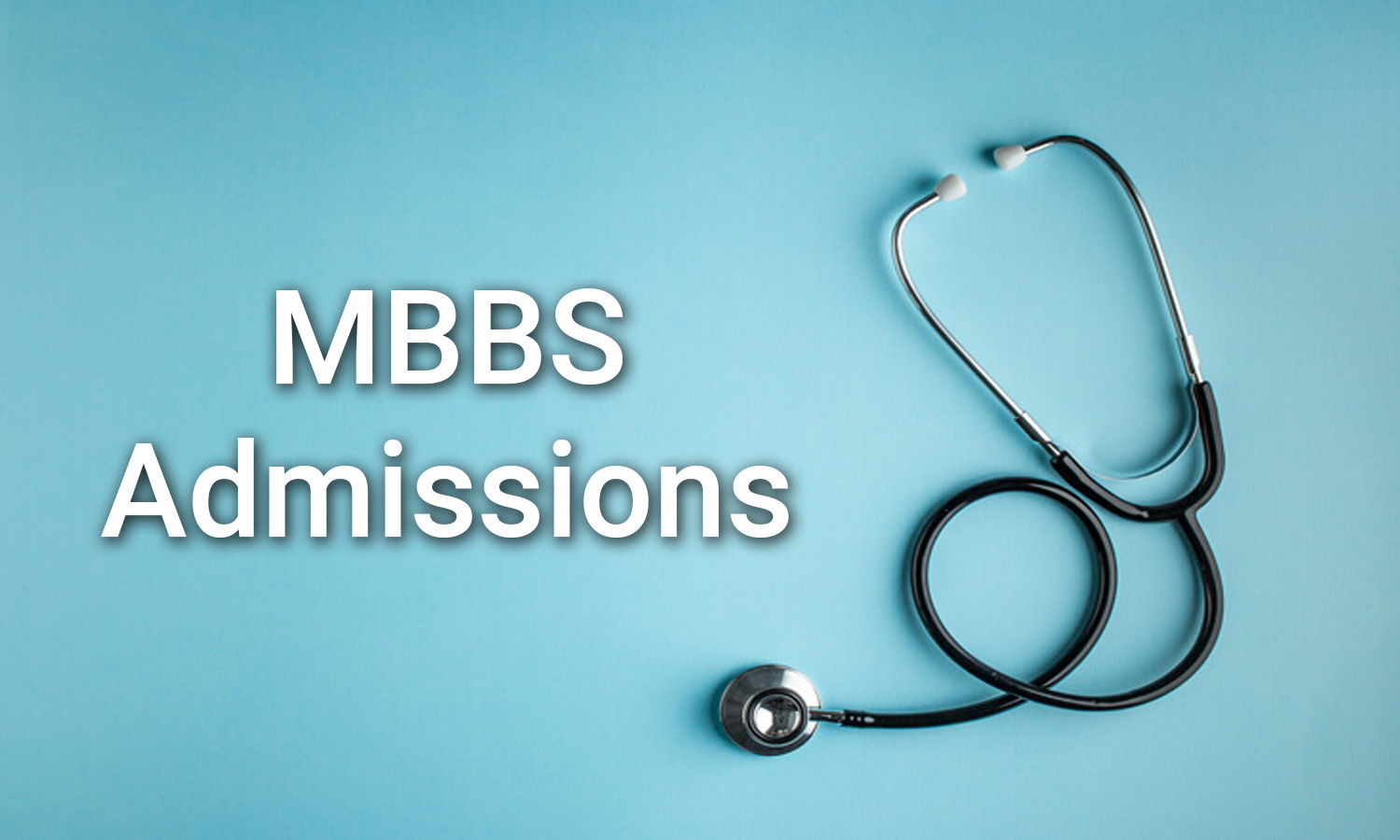The National Board of Examinations for Medical Sciences (NBE) recently announced the results of the National Eligibility cum Entrance Test-Postgraduate (NEET-PG) for 2023. The exam was conducted as scheduled despite widespread protests by aspirants and doctors’ associations asking for a postponement. Despite the challenges, this year’s exam saw a higher cutoff and a significant number of students scoring over 700 out of 800.
What led to these tumultuous changes in the status quo, enabling so many students to score at a much higher level despite an increase in the cut-off? Why are medical aspirants these days just unwilling to settle for an MBBS degree and have ambitions to pursue at least a speciality degree, if not a super-specialty degree?
Experts have said that this year’s NEET PG exam was moderately difficult. The major portion of the paper was based on clinical inquiries, covering around 60% of the questions. Approximately 15-20% of the questions were based on one-line answers. Due to the inclusion of more than 35 image-based questions, the paper was also brief in nature.
One of the main reasons why medical aspirants are keen to pursue higher degrees is the increasing demand for specialized healthcare services. The healthcare industry is evolving rapidly, and specialized healthcare professionals are in high demand. Specialized healthcare professionals are required in various fields such as cardiology, neurology, gastroenterology, and more. These fields require specialized knowledge and expertise, which can only be gained through higher education.
Another reason for the increased interest in specialized medical degrees is the higher earning potential. Specialized medical professionals earn more than those with an MBBS degree. Super-speciality degrees such as DM or MCh can lead to even higher salaries.
The NEET PG exam is a critical step towards pursuing a specialized medical degree. Aspirants who score well in the NEET PG exam can apply for various postgraduate medical courses in India. The NEET PG exam is also an important factor in securing a good position in the medical industry.
The NEET PG exam for 2023 has brought many surprises, including a higher cutoff and a significant number of students scoring over 700 out of 800. Medical aspirants are increasingly keen to pursue higher degrees due to the demand for specialized healthcare services and the higher earning potential. The NEET PG exam is a critical step towards achieving these goals.
Higher Cut-off Despite of Difficult Exam
NEET PG 2023 exam was a tough nut to crack, but the students’ hard work and the availability of online resources helped them score better. Despite the uncertainties about the NEXT exam, students are still aspiring to pursue master’s degrees, rather than settling for MBBS degrees.
Despite the difficult exam, students were better prepared this year, with more online resources available, and the COVID-19 pandemic changing the way students prepare for the exams. This year’s NEET PG exam covered 19 subjects, and the candidates have been preparing for it differently from previous years.
According to the Union Health Ministry’s recent submission in the Parliament, around 50,468 PG seats are available in government and private colleges, excluding the Diplomate of the National Board (DNB)/Fellowship of the National Board (FNB) and the College of Physicians and Surgeons (CPS) PG seats.
Dr Dinesh Jandu, Medical Officer, Nagaur, Rajasthan, believes that one reason why students scored better on merit this year is the abundance of online resources available. Students have been able to study during intermissions while doing their internships, which was not possible earlier. The pandemic has changed the way students used to prepare by travelling long distances on weekends to take coaching classes.
The National Medical Commission (NMC) has issued draft guidelines introducing the National Exit Test (NExT) PG exam, which comprises two distinct tests. It is anticipated that the NEXT will be conducted from December 2023 onwards. Students are still unsure about how this regime change will affect how they prepare for the PG exam, and this uncertainty is another factor why they worked harder this year, according to Dr Jandu.
Need for Speciality and Super-speciality Doctors in India is on the rise
The demand for speciality and super-speciality courses in the medical field has witnessed a sharp rise in recent years. This can be attributed to various factors, such as the need for specialised doctors in the healthcare system, rising competition, and a preference for higher earning potential.
According to a study conducted in 2012, clinical specialities such as medicine, surgery, OBG, and paediatrics were the most preferred choices for medical undergraduate students. However, due to the high fee structure of private medical colleges, many students have to take loans to pursue their education. This often leads to a preference for clinical science subjects in post-graduate schools and the pursuit of private practice to repay the loans.
The healthcare system across the country is undergoing a massive change, and with technological breakthroughs and the emergence of new kinds of diseases due to lifestyle modifications, there is a need for specialised doctors to precisely treat patients. This has led to an increase in the number of candidates pursuing advanced levels of medical education.
The COVID-19 pandemic has also played a significant role in increasing medical awareness among the general public. As a result, students are preparing for a long haul and are no longer satisfied with confining themselves to medical practice alone. They want to pursue higher studies side by side to gain a competitive edge and become distinctive in their field.
The number of candidates taking the Foreign Medical Graduates Examination (FMGE) has increased threefold over the last five years, leading to rising competition in the field. Indian medical students who graduated from foreign universities and took the test in 2021 were about 41,349, of which 24.05 per cent cleared the exam. This has further increased the demand for higher education among medical students.
However, the increasing number of FMGE candidates has also led to a decrease in the monetary perks that MBBS graduates used to receive at private hospitals in urban areas. This has made it difficult for them to sustain a quality lifestyle, and many have to move to cities for better opportunities. People in cities have become more educated and want only specialised doctors for treatment, further contributing to the demand for higher education in the medical field.
Rural doctors face tough job prospects in India’s urban areas
The urban-rural divide in healthcare infrastructure and the shortage of doctors in rural areas is a persistent problem in India. According to a survey conducted by KPMG and the Organisation of Pharmaceutical Producers of India (OPPI) in 2016, the majority of hospitals, dispensaries, and doctors are located in urban areas, leaving rural areas underserved.
To address this issue, the government is making efforts to encourage doctors to work in rural areas. However, the challenge remains as doctors are drawn to cities for better income opportunities and more advanced medical facilities.
In Rajasthan, a state in northern India, Dr Sachin Jangid, a Medical Officer with the state government, shared that an MBBS graduate practicing privately in rural areas can earn four to five lakh rupees as a monthly income, whereas a super-speciality degree holder would earn the same in the state’s capital, Jaipur. This income gap makes it challenging for rural doctors to compete with their urban counterparts.
Moreover, people in rural areas also strive for better healthcare. However, limited resources and a concentration of a poor population make it challenging for rural areas to offer high-quality medical facilities. As a result, people in rural areas have to settle for suboptimal care, which adds to the burden of healthcare costs.
A study conducted in China, Malaysia, India, and regions of the South Asian Association for Regional Cooperation (SAARC) found that only 4.8% of medical students hail from rural backgrounds. This suggests that people living in urban cities have more access to medical education, private tuition, and facilities. As a result, students from cosmopolitan areas do not fancy villages to practice medicine.
The urban-rural divide in healthcare infrastructure and the shortage of doctors in rural areas continue to be a major challenge in India. While the government is making efforts to address this issue, the gap remains wide. It is essential to address this issue to ensure that people in rural areas have access to high-quality medical facilities and doctors are encouraged to practice medicine in underserved areas.





